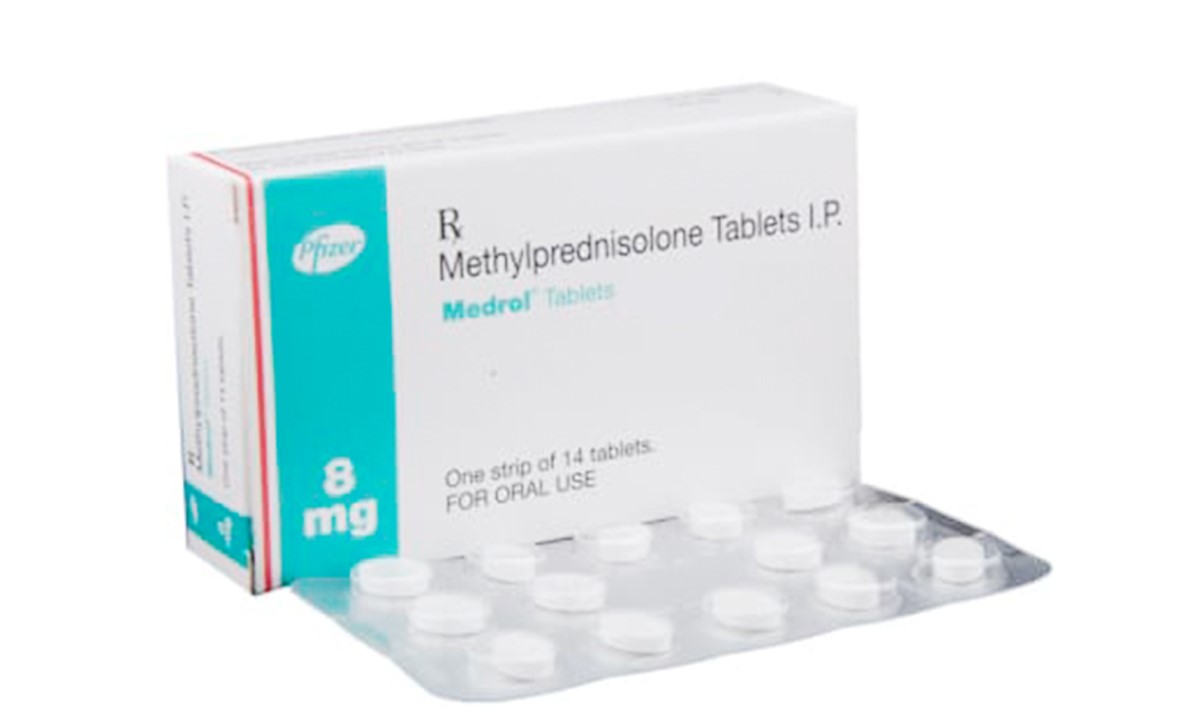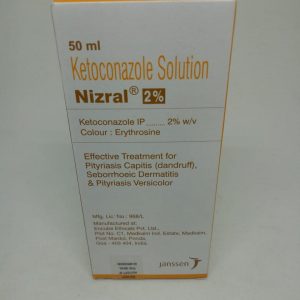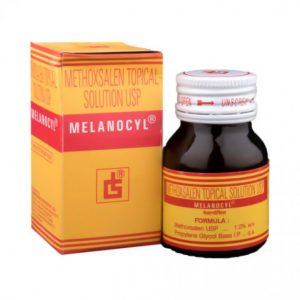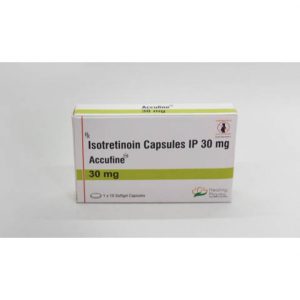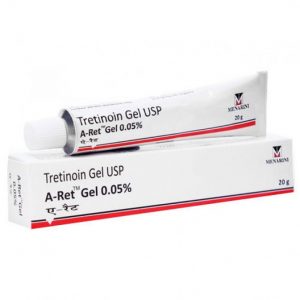Methylprednisolone (MEDROL) 8 mg Tablet is a glucocorticoid analog of prednisolone that has greater potency than prednisone. Corticosteroids binds to the glucocorticoid receptor, inhibiting pro-inflammatory signals, and inducing anti-inflammatory signals. Each tablet contains as its active ingredient 8 mg of Methylprednisolone.
Drug = Methylprednisolone
Strength = 8 mg
How to take
This medicine should be taken with food or immediately after a meal and at the same time each day to avoid missing the dose.
Take only the prescribed numbers of dose and at the prescribed duration.
Dosage of Methylprednisolone (MEDROL) 8 mg Tablet
Allergic conditions:
Adult: Day 1: 24 mg (8 mg before breakfast, 4 mg after lunch, 4 mg after supper, and 8 mg at bedtime) or 24 mg as a single or in 2-3 divided doses upon initiation (regardless of the time of day);
Day 2: 20 mg (4 mg before breakfast, 4 mg after lunch, 4 mg after supper, and 8 mg at bedtime);
Day 3: 16 mg (4 mg before breakfast, 4 mg after lunch, 4 mg after supper, and 4 mg at bedtime);
Day 4: 12 mg (4 mg before breakfast, 4 mg after lunch, and 4 mg at bedtime);
Day 5: 8 mg (4 mg before breakfast and 4 mg at bedtime); 4 mg on day 6, given before breakfast.
Anti-inflammatory or immunosuppressive:
Adult: Initially, 2-60 mg daily in 1-4 divided doses, depending on the disease being treated.
Missed Dose of Methylprednisolone (MEDROL) 8 mg Tablet
In the event that the dose is missed, take the tablet immediately and skip the dose for the day. Resume taking the medication the next day at the same time.
Inform your doctor for dose readjustment.
Overdose of Methylprednisolone (MEDROL) 8 mg Tablet
If you took Methylprednisolone more than the prescribed dose, observe yourself for the possible side effects. If so, seek medical help.
Contraindications
People with the following medical conditions should not take Methylprednisolone:
- Persons suffering from systemic fungal infections
- Patients receiving immunosuppressive therapy
Side Effects of Methylprednisolone (MEDROL) 8 mg Tablet
Methylprednisolone may have the following side effects:
- Anaphylactic reactions
- Kaposi’s sarcoma
- Mood swings
- Increased susceptibility to infection
- Impaired wound healing
- Elevated blood pressure
- Peptic ulcer
- Acne
- Muscle weakness
- Growth retardation
Warnings
Do not take Methylprednisolone with the following medicines:
- Aminoglutethimide
- Amphotericin B
- Diuretics
- Macrolide antibiotics
- Isoniazid
- Cholestyramine
- Ciclosporin
- Digitalis glycosides
- Estrogens
- Oral Contraceptives
- Rifampicin
- Barbiturates
- Ketoconazole
- Erythromycin
- Aspirin
- NSAIDs
- Warfarin
- Antidiabetics
Potentially Fatal:
- Live, attenuated vaccines
Inform your physician if you are taking medications which are off label drugs and vitamin supplements that can be bought over the counter.
How Does It Work?
In order to facilitate anti-inflammatory signals and suppress pro-inflammatory signals, methylprednisolone stimulates and binds to intracellular glucocorticoid receptors. High corticosteroid doses have an immunosuppressive effect, while lower doses have anti-inflammatory properties.
Uses
Methylprednisolone is used to treat the following conditions:
- Allergic reactions
- Anti-inflammatory or immunosuppressive
Special Precautions and Warnings
Take special precautions if you have the following conditions:
- Patient with heart failure
- Hypertension
- Diabetes Mellitus
- Peptic ulcer
- Previous history of heart attack
- Cataracts
- Osteoporosis
- History of seizure disorder
- Thyroid disease
- Renal and hepatic impairment (including cirrhosis)
- Children
- Pregnant and lactating mothers
Storage Conditions
- Store between 20-25°C.
- Store in a cool, dry place away from the reach of children.
- Do not use Methylprednisolone that is expired or out of date.

